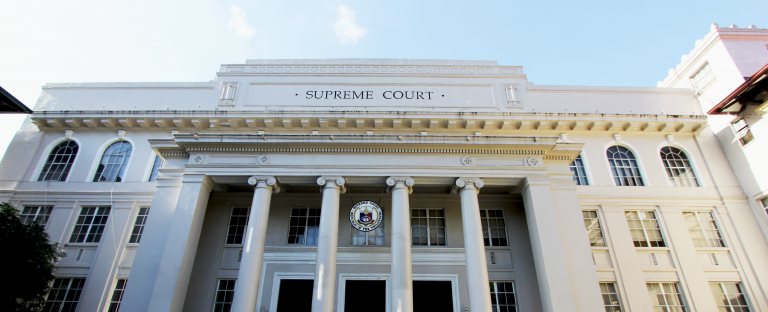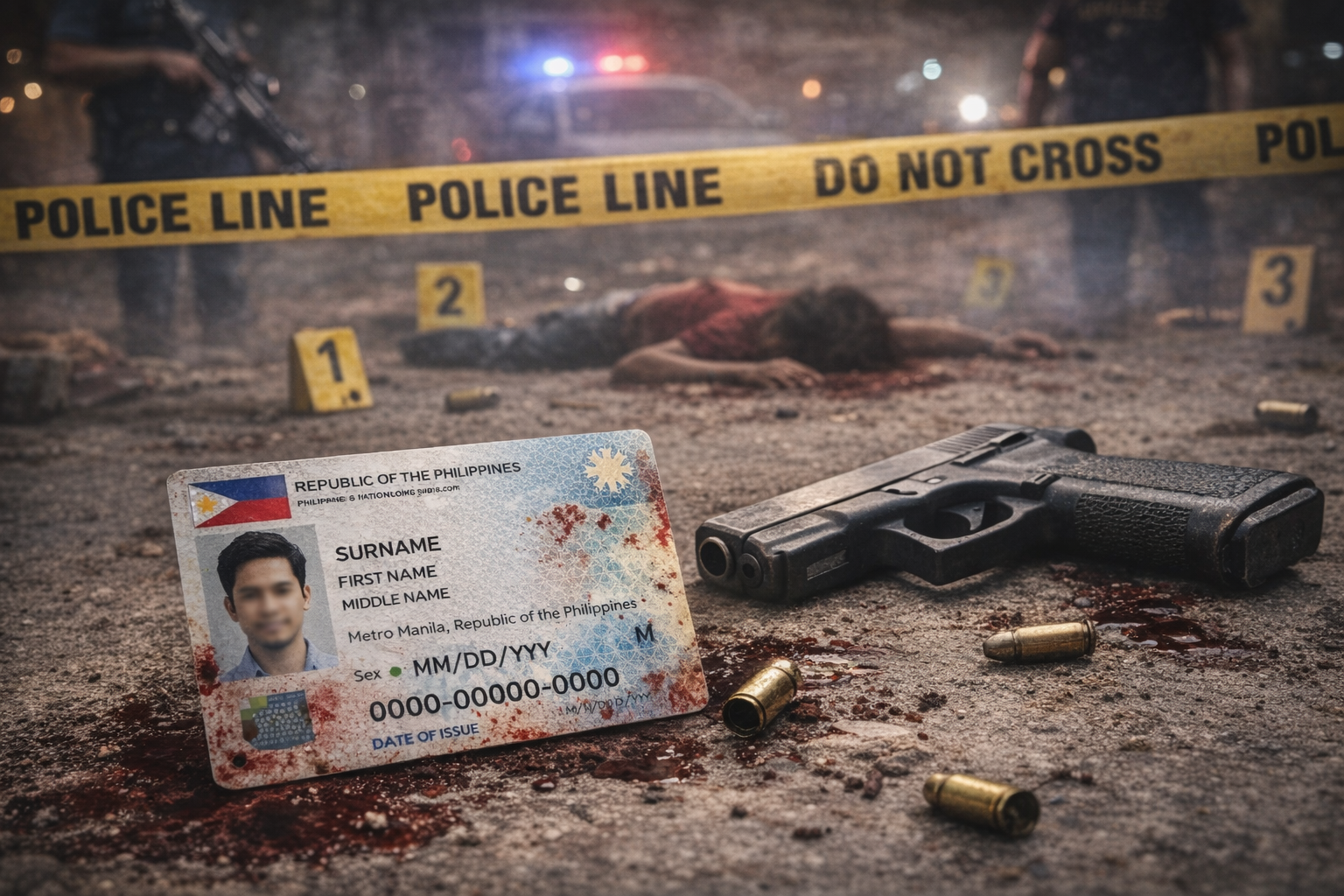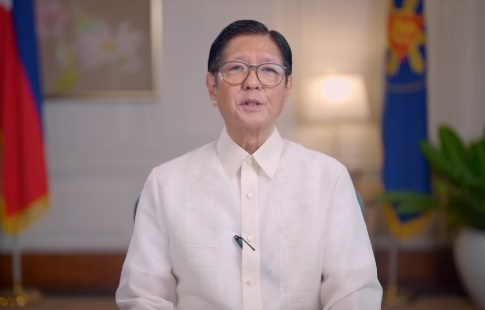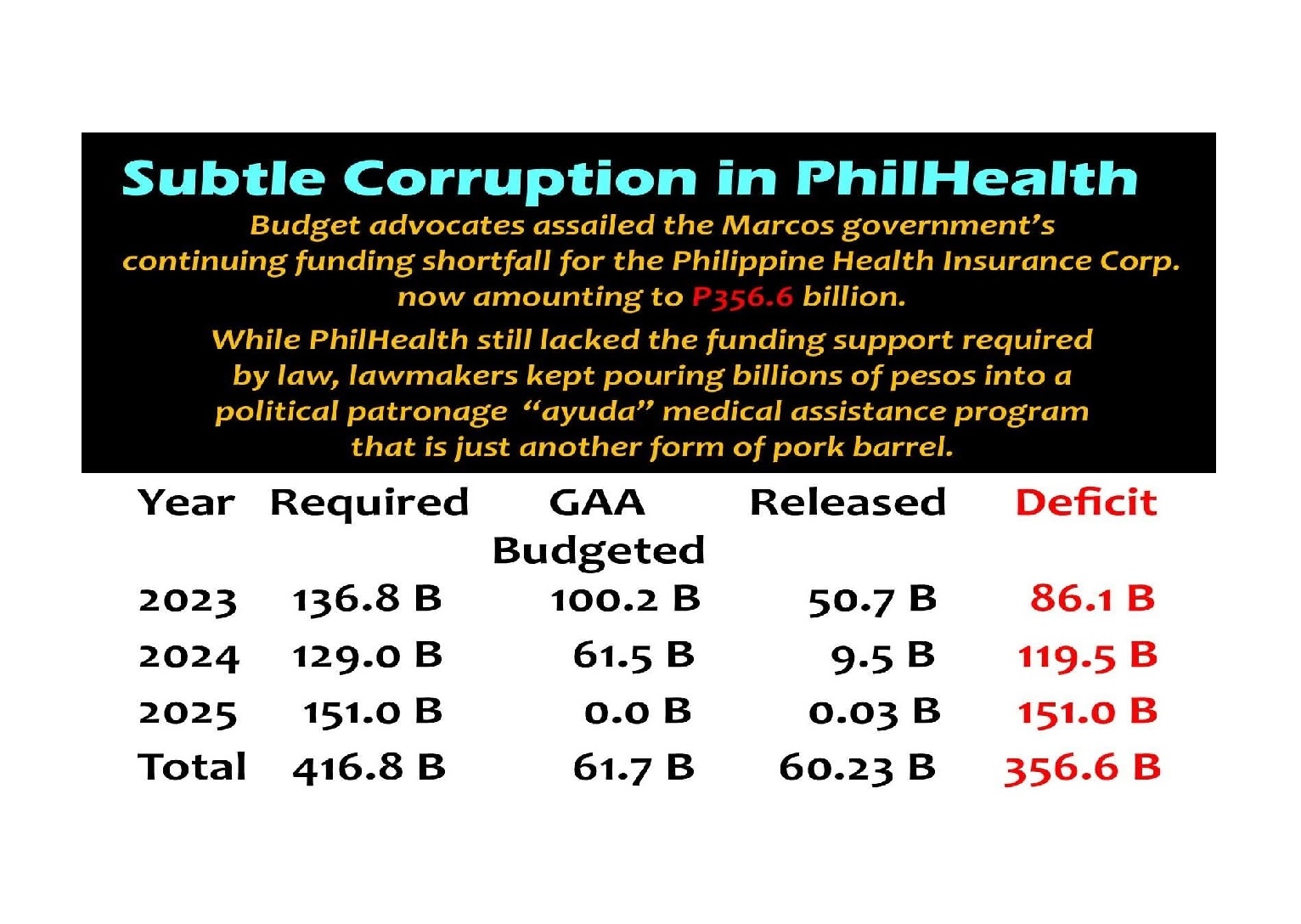
It is both startling and sobering to witness the recent wave of disapproval from some of the country’s most revered legal minds—retired justices, veteran lawyers, and prominent scholars—on a decision handed down by no less than the Supreme Court.
When such dissent comes not from activists or political operatives but from within the very ranks of those who once shaped and upheld our jurisprudence, we are compelled to ask: what is happening to the moral authority of the Court?
The Supreme Court is the final arbiter of justice in our land. Its decisions are meant to be binding and authoritative. But they are not immune from scrutiny—especially when the very foundation of those rulings appears, to many, to serve not the law but the politics of the moment.
This is not merely a legal debate; it is a crisis of trust. If the perception grows that the Court is no longer above political maneuvering, then even its most well-reasoned decisions will be viewed with suspicion. The public, already weary of institutional failures, deserves clarity, not confusion; conviction, not compromise.
It is a sad day for the rule of law when those who once proudly wore the robe of justice now feel compelled to speak out against what they see as a betrayal of its ideals. Whether one agrees with the critics or not, their voices cannot simply be dismissed. Their experience, their integrity, and their alarm should make every citizen pause and reflect.
Let us not forget: democracy is not sustained by silence, but by vigilance. And when even the guardians of the law raise the alarm, we must listen—not out of defiance, but in defense of justice itself.





